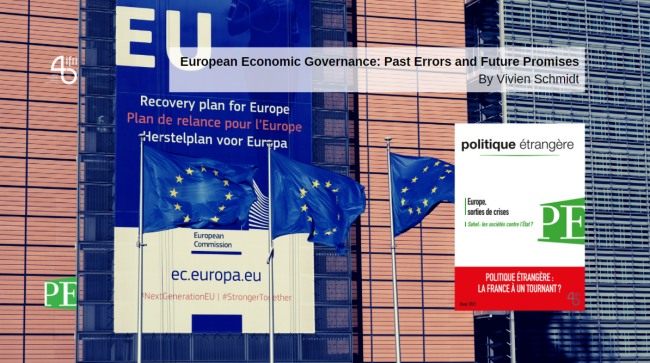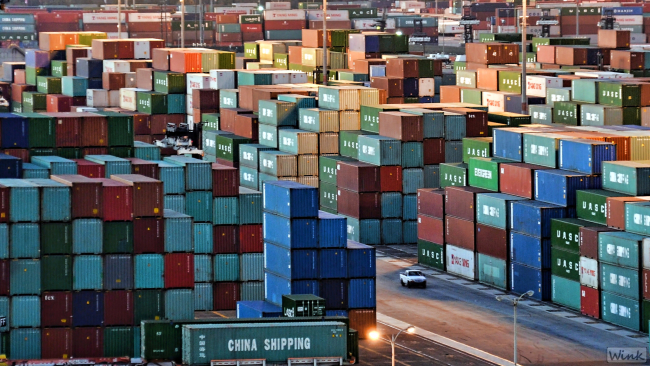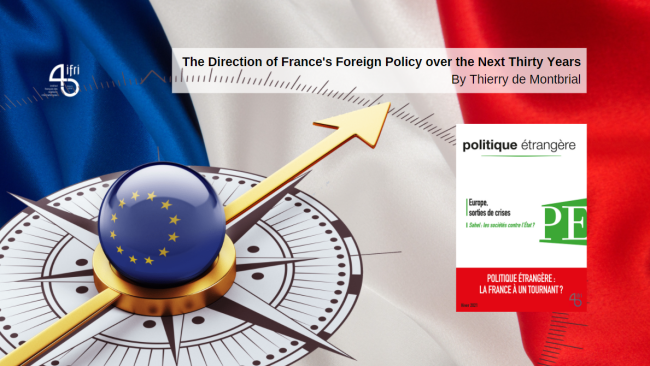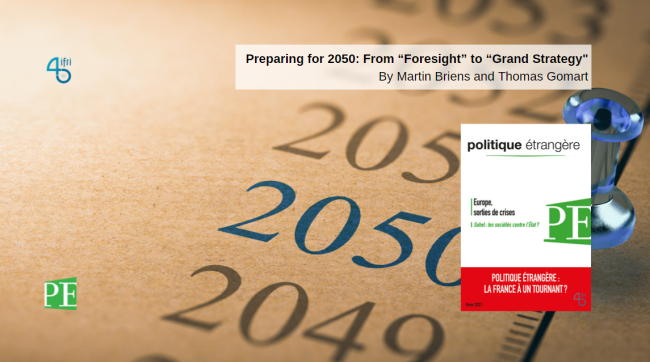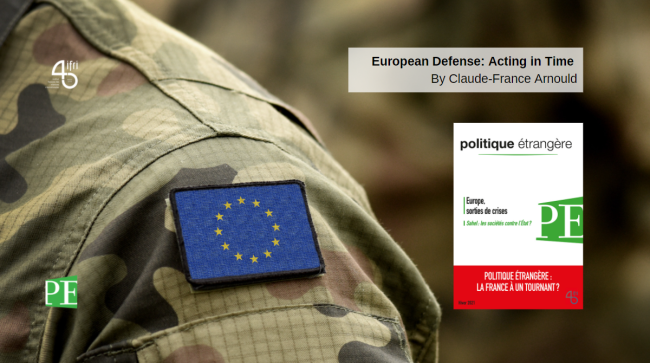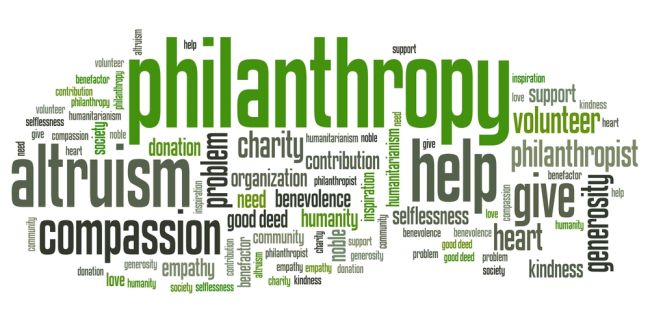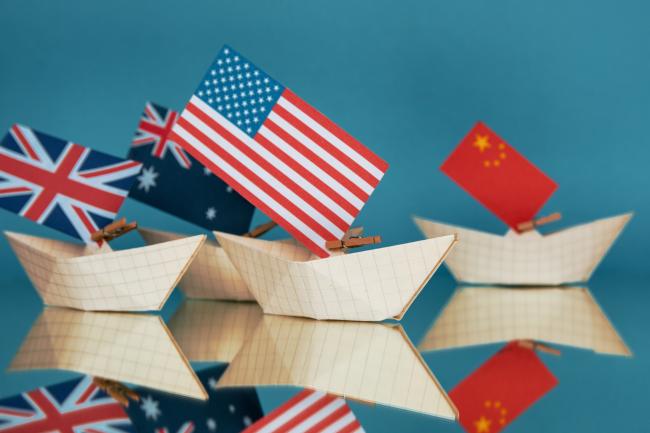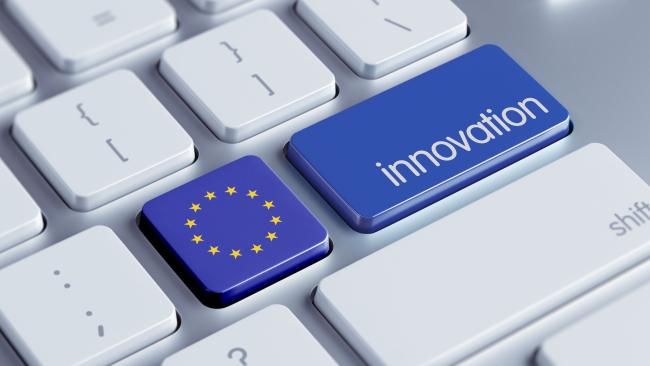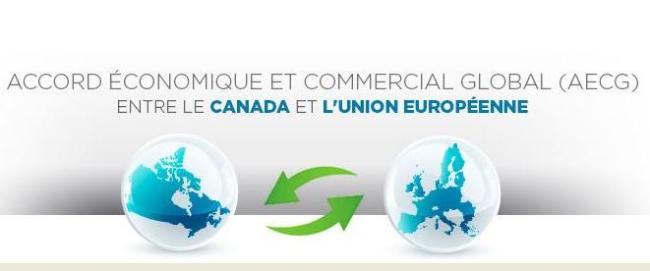Europe
Europe is described here in a geographical sense. It is not limited to the European Union, and includes, for example, the United Kingdom and the Balkans. It remains central to international relations.
Related Subjects

European Economic Governance: Past Errors and Future Promises
The eurozone crisis marked a real failure of European Union (EU) policy, which led to mediocre economic performance and the erosion of its political legitimacy among the populations of member states.
Strengthening Sovereignty in the Era of Global Value Chains
How to reduce the vulnerabilities induced by these global value chains to be more independent, while taking into account the reality of these productive processes which precisely generate interdependencies?

Trade
Françoise Nicolas contributed the chapter on trade, providing more insights into the opportunities and challenges South Korea and the EU need to address to revive the rules-based multilateral trading system.
The Direction of France’s Foreign Policy over the Next Thirty Years
A foreign policy points to a united society that manages its relationships with its surroundings while defending its own interests.
Preparing for 2050: From “Foresight” to “Grand Strategy”
China and the United States both have a “grand strategy”: Beijing aspires to be the world’s leading power in 2049, while Washington plans to remain primus inter pares.
European Defense: Acting in Time
This seems like a fitting moment to strengthen European cooperation on defense.

Foreign Policy: France at a Turning Point?
An exceptional issue of Politique étrangère
Confronted with a world in which the fundamentals are being redefined, France’s foreign policy is under scrutiny. In which geographies should France assert its presence? To which major challenges should France be responding in order to survive in tomorrow’s world? What kind of relationship to that world should France be establishing, as thirty years of Western intervention have ended in catastrophic failure in Afghanistan?
Philanthropy and Migration in Europe: What Role for Foundations?
The 2015 “crisis” accelerated and/or intensified the involvement of foundations (in particular those from the private sector) in the field of migration. The crisis not only created a sense of urgency, but also generated a movement of public empathy that foundations were willing to accompany and amplify. It was also seen as a challenge to Europe and its humanist values, which foundations sought to defend in accordance with their own beliefs in inclusive societies.
Strategic Calculation: High-Performance Computing and Quantum Computing in Europe’s Quest for Technological Power
Computing power plays a key role in enabling machine learning, for scientific research, and in the military domain. Therefore, the race for computing power has become a key element of the US-China technological competition, and it is also a strategic priority for Europe.
AUKUS Rocks the Boat in the Indo-Pacific, And It’s Not Good News
For anyone who still harbored doubts, Washington made crystal clear from the announcement of the new trilateral alliance with Australia and the UK (AUKUS) that countering China is its number one priority, and that it will do whatever it takes to succeed. Much has been said about the consequences of AUKUS on the French-US relations, but the strategic implications for the Indo-Pacific nations (including France), and for China especially, are also critical to consider.

Making Sense of Europe’s Southern Neighbourhood: Main Geopolitical and Security Parameters
Europe’s southern neighbourhood is a diverse but interlinked geopolitical ensemble, whose specificities need to be carefully assessed before Europeans devise dedicated security strategies, divide responsibilities and make policy decisions.
The EU and Innovation: When Business Meets Politics
Innovation, entrepreneurship, growth and competitiveness go hand in hand. This short paper looks at two areas where the EU plays a role to help drive innovation: regulation and financing.

France: the tale of disenchantment, ambiguity and ambition on the EU
France may be ready to take the initiative again in the EU, but it does not know where to press on.
CETA: the Making of the Comprehensive Economic and Trade Agreement Between Canada and the EU
Once ratified, the Comprehensive and Economic Trade Agreement (CETA) could ultimately eliminate all tariff barriers between the European Union and Canada. CETA is also a new generation Free-Trade Agreement: it includes the opening of public procurement, the facilitation of cross investments and cooperation in the area of regulation. Its long negotiation process illustrated important changes that are happening in the way trade agreements are negotiated, both in Canada and in the EU.
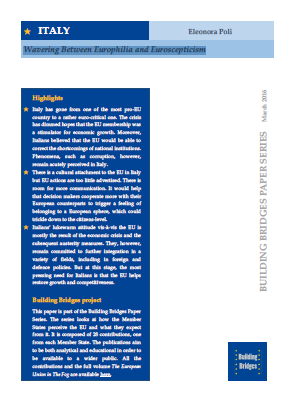
Italy: Wavering Between Europhilia and Euroscepticism
Italy has gone from one of the most pro-EU country to a rather euro-critical one. The crisis has dimmed hopes that the EU membership was a stimulator for economic growth. Moreover, Italians believed that the EU would be able to correct the shortcomings of national institutions. Phenomena, such as corruption, however, remain acutely perceived in Italy.
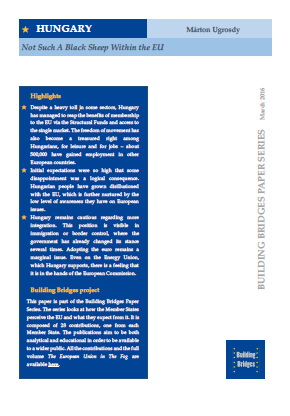
Hungary: Not Such a Black Sheep Within the EU
Despite a heavy toll in some sectors, Hungary has managed to reap the benefits of membership to the EU via the Structural Funds and access to the single market. The freedom of movement has also become a treasured right among Hungarians, for leisure and for jobs – about 500,000 have gained employment in other European countries.

Bulgaria: The Spectre of a Two-Speed Europe
One of Bulgaria’s paradoxes is that 25 years after the collapse of communism and almost ten years of EU membership, it seems to be quite unhappy with the transition but rather happy with its EU membership. In this way, the EU continues to be a beacon outside rather than the reality inside the country.
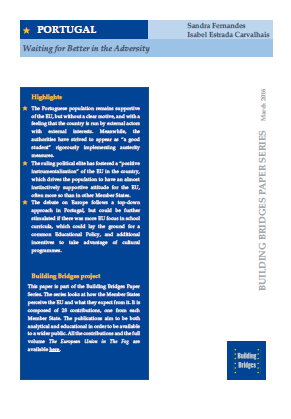
Portugal: Waiting for Better in the Adversity
The Portuguese population remains supportive of the EU, but without a clear motive, and with a feeling that the country is run by external actors with external interests. Meanwhile, the authorities have strived to appear as “a good student” rigorously implementing austerity measures.
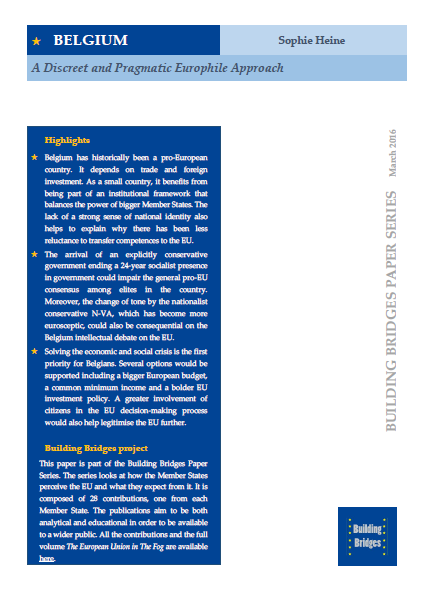
Belgium: A Discreet and Pragmatic Europhile Approach
Belgium has historically been a pro-European country. It depends on trade and foreign investment. As a small country, it benefits from being part of an institutional framework that balances the power of bigger Member States. The lack of a strong sense of national identity also helps to explain why there has been less reluctance to transfer competences to the EU.

Sweden: Mind Rather Than Heart in EU Politics
The Swedish decision to enter the EU was not based so much on the hope of gaining something, but rather on the fear of being left out if it did not. It was probably the desire for a ‘negative safety’ that made the Swedes vote in favour of the EU as the alternative cost would probably have been too high.
Support independent French research
Ifri, a foundation recognized as being of public utility, relies largely on private donors – companies and individuals – to guarantee its sustainability and intellectual independence. Through their funding, donors help maintain the Institute's position among the world's leading think tanks. By benefiting from an internationally recognized network and expertise, donors refine their understanding of geopolitical risk and its consequences on global politics and the economy. In 2025, Ifri supports more than 80 French and foreign companies and organizations.








